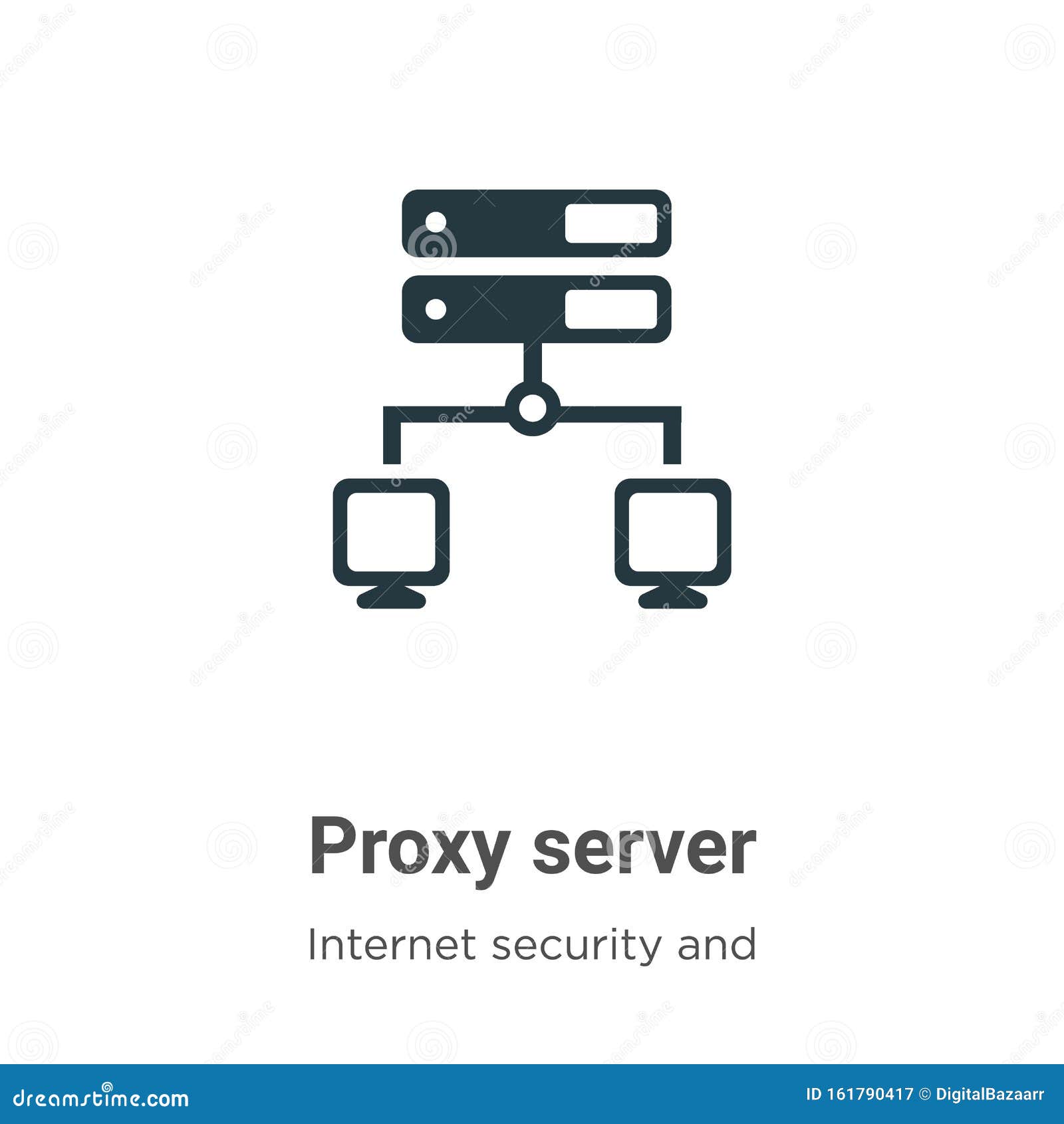In online landscape, in which internet security and protection are crucial nowadays, understanding the function of proxies has become vital for not only individuals and businesses similarly. A proxy server acts as an go-between connecting your system and the internet, providing a layer of protection and privacy. This piece will guide you through the crucial elements of choosing the right proxy server to meet your requirements, whether you're looking to enhance your online safety, bypass geographical blocks, or optimize your online processes.
With numerous options accessible, touring the world of proxy servers can seem overwhelming. From the variations between different categories such as HTTP, SOCKS, and transparent proxies, to comprehending how they can enhance your online privacy and efficiency, we will explore what you should take into account when choosing the most suitable proxy for your particular situation. If you are a gamer looking to minimize lag or a company seeking improved online security measures, this thorough manual has gotten you supported.
Understanding Proxy Server and Their Functions
A proxy server serves as an intermediary between a user's gadget and the online world, facilitating queries and responses. When a user tries to connect to a site, the request first is sent to the proxy instead of of straight reaching the target site. The intermediary then transmits the inquiry to the intended destination, collects the data, and sends it to to the user's gadget. This process helps conceal the user's internet protocol address, making it more difficult to track their internet behavior.
The functionality of proxy extends beyond mere anonymity. They can store data, which enables for faster reach to often visited sites, in the end enhancing performance. Additionally, proxies provide the option to screen information, preventing access to certain websites based on established protocols. This function is notably useful for companies seeking to control access to non-business content, thereby maintaining productivity within the environment.
In terms to safety, these servers can assist mitigate dangers related to web actions. By functioning as a gateway, they can prevent direct access to critical data and act as a shield against likely risks such as malicious attacks. Some proxy servers also include encryption protocols, offering an extra degree of security for user data as it moves across the internet. Overall, grasping how proxy servers function is essential for taking advantage of their benefits in different online activities.
Advantages and Drawbacks of Using Proxy Servers
Using proxy servers provides several benefits that boost online privacy and security. By functioning as intermediaries between users and the internet, proxy servers help to conceal the original IP address, which can protect users from undesired tracking and profiling by advertisers and harmful entities. This disguise increases user privacy and can lower the risk of targeted cyberattacks. Additionally, proxies can also provide access to geo-restricted content, enabling users to bypass censorship and enjoy services or websites that might otherwise be available in their region.
However, there are risks associated with the utilization of proxy servers, particularly when opting for free or questionable services. Free proxies can expose users to potential data breaches, where private information may be logged or sold to third parties. Furthermore, many such proxies lack sufficient security measures, rendering them vulnerable to hackers. Users may also face reduced internet speeds and connection instability, especially if the proxy server is overcrowded or poorly maintained. It is essential to thoroughly evaluate the quality and trustworthiness of a proxy service before committing to its use.

Another crucial factor is the lawful and ethical implications of using proxy servers for certain activities. While they can provide substantial advantages for tasks like data mining or gaining entry to restricted content, inappropriate use may lead to breaches of terms of service and potential legal repercussions. Users should be aware of the ethical considerations involved in utilizing proxies, ensuring that they are compliant with all relevant laws and guidelines while leveraging the capabilities these servers offer. Balancing the benefits with knowledge of potential downsides is essential for making educated decisions about proxy usage.
Choosing the Best Proxy Server for Your Requirements
While selecting a proxy server, it's crucial to consider specific needs. Different tasks typically call for various kinds of proxies. For example, if you want to reach geo-restricted content, a home proxy could be a best choice as it functions like a regular user's network. On the contrary hand, if you are focused on data scraping or market analysis, data center proxies are usually faster and more capable, though less private. Identify the primary intent of your proxy usage to help make an informed choice.
A further important factor is the extent of anonymity and safety you need. If online security is a top priority, look for proxies that provide strong encryption and further security options. Certain proxies offer anonymity levels that protect your actual IP address is kept hidden, while others may sacrifice on anonymity for performance. Evaluating Find more information -off between these factors based on your needs can help you pick the appropriate proxy solution.
Finally, consider cost and reliability. Although free proxies might be attractive, they often come with risks, such as data leaks and variable performance. Investing in a trustworthy paid proxy service generally provides better safety, higher speeds, and dedicated support. Research various companies, read customer feedback, and take advantage of free tests to find a proxy service that provides the best advantage for your needs.
